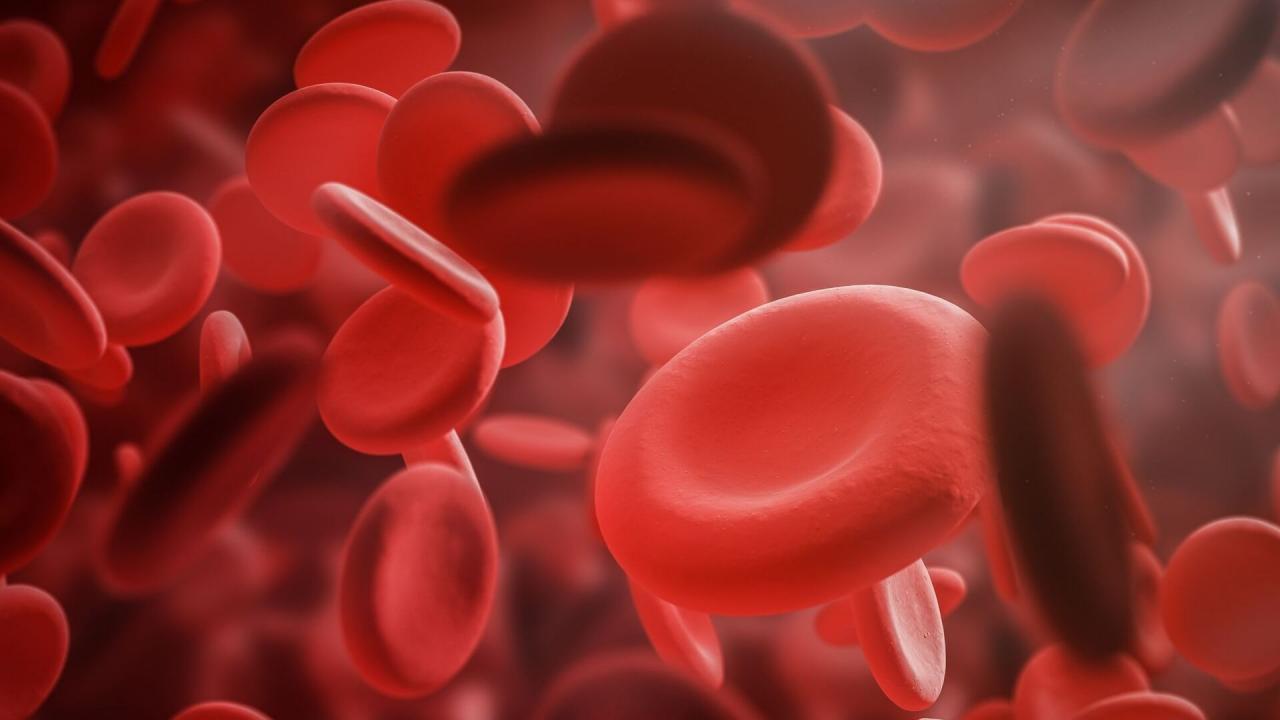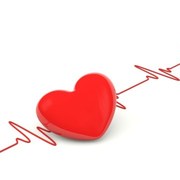I love to write and talk about heart disease but thought I’d take a break from that topic this week and delve into other waters. You know – just stir the waters a little bit and give you some variety. So, what to talk about this week? And then, it hit me – Anemia!
Of course! How perfect! After all, most women are anemic at some point in time in their life. How many of you have ever been so tired that you could barely drag yourself out of bed in the morning - or through the day for that matter – and it wasn’t because you were up all night rocking a crying baby or dancing under the stars with that cute guy with the 6-pack abs?
Yes, anemia seemed the perfect topic for a change of pace this week. Then, there it was - right there in black and white – one of the complications of anemia is “heart problems.” Heart problems? From being anemic? Yes, I had the same reaction. How in the world can anemia lead to heart problems?
To find out, let’s take a closer look at what anemia is and how it could possibly relate to your heart health. You have three different types of blood cells: red, white and platelets. Red blood cells are the ones charged with the job of carrying oxygen to your tissues. When you don’t have enough red blood cells to do the job, you’re anemic. Most people who are anemic are going to experience an abnormal or unusual fatigue or tiredness. This is because you aren’t getting enough oxygen to your tissues, organs and muscles in your body. Besides fatigue, a person who is anemic might also experience headaches, cold hands and feet, pale skin, a fast or irregular heartbeat, chest pain, dizziness, shortness of breath or cognitive problems.
Now, this is where it gets interesting ladies. Did you notice that one of the symptoms of anemia could be an irregular heartbeat? Another name for an irregular heartbeat is an arrhythmia. According to the Mayo Clinic, one of the complications of anemia is heart problems – specifically an arrhythmia. Anemia can also lead to congestive heart failure!
An arrhythmia occurs when something about the rate or rhythm of your heart beat is off. Your heart could be beating too fast (tachycardia) or too slow (bradycardia). The point is that with an arrhythmia, the heartbeat is irregular. Sometimes, an arrhythmia may not be serious. However, anytime your heart is not working properly, it may not be pumping enough blood (filled with those wonderful red blood cells and oxygen) through your body correctly. If your body isn’t receiving adequate supplies of those oxygen-rich red blood cells, it can lead to damage to major organs such as your brain and heart to name a few. Couple this with the fact that if you are anemic, your red blood cells are already low and so your body is receiving even less oxygen than normal. (Eureka! I’m beginning to see the connection!)
Just how concerned do we need to be? How strong is the link between anemia and heart problems? The National Anemia Action Council reports that 43% of ALL people who are hospitalized with a heart attack are also anemic! In addition, it’s reported that somewhere between 17 and 48% of all people with heart failure are anemic. Those numbers are significant.
What does all this mean? If you are diagnosed as being anemic, you need to remember that anemia may be a very serious matter. One of the lesser known complications of anemia could a heart problem and, we want to keep our hearts healthy! So, don’t leave anemia untreated! Taking care of your blood means taking care of your heart!
Until next time, here’s wishing you a healthy heart.
(Disclaimer: I am not a physician and nothing in this article should be construed as giving medical advice. As with any medical decision, please consult your physician.)
Note: For more information on heart health related issues, please visit other “A Woman’s Heart” articles by this author.
Sources:
Arrhythmia, National Heart Lung and Blood Institute, July 2009, http://www.nhlbi.nih.gov/health/dci/Diseases/arr/arr_whatis.html
NAAC 2009 Education Kit: Anemia Statistics for Patient Populations, National Anemia Action Council, 2009,
http://anemia.org/resources/education-kit/anemia-statistics.php
Anemia, The Mayo Clinic, http://www.mayoclinic.com/health/anemia/DS00321






Add a CommentComments
There are no comments yet. Be the first one and get the conversation started!